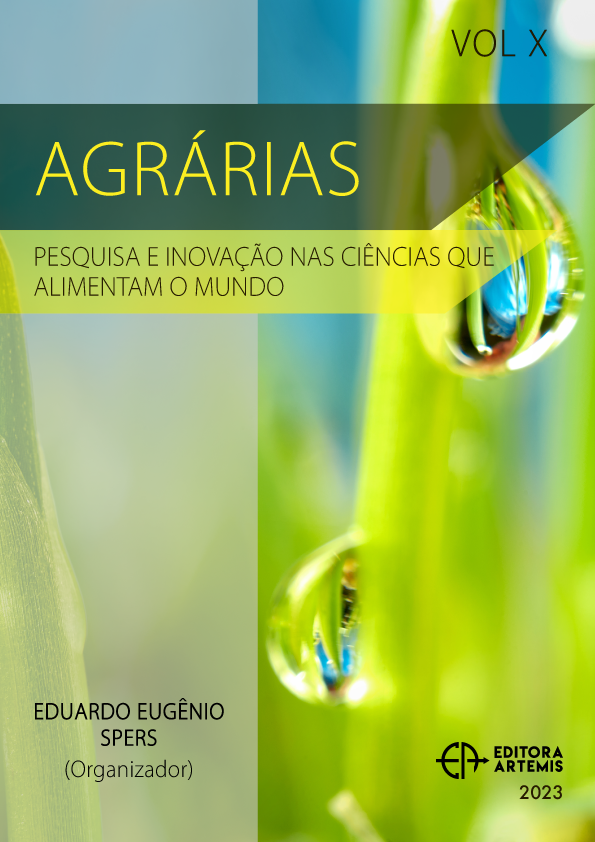
BIOPROCESOS PARA EL TRATAMIENTO DE FECAS CANINAS
Las fecas caninas pueden generar problemas en lugares como criaderos y hospitales veterinarios debido a su abundancia y falta de utilidad inmediata, causando malos olores, infecciones y atraer vectores de enfermedades. Pero es posible degradarlos ya sea como compostaje, o bien mediante la digestión anaeróbica, la cual ofrece además la posibilidad de obtener energía, generando un material parcialmente estabilizado y semi sanitizado, que se puede utilizar como acondicionador de suelo. Así, las heces de criaderos, veterinarios o centros de salvataje, podrían satisfacer las necesidades energéticas, tratar sus residuos orgánicos y proporcionar un material útil. Sin embargo, no hay mucha información disponible sobre cuál es este potencial o si existe una mezcla óptima entre guano bovino y fecas caninas. En este estudio, se evaluaron dos tecnologías ambientales para el tratamiento de las fecas caninas: el compostaje y la fermentación metanogénica. En la fermentación metanogénica, se realizó primero una mezcla 1:1 de fecas caninas y guano bovino, y posteriormente se llevó a cabo un nuevo ensayo con otras proporciones (100%, 75%, 25% y 0% de fecas caninas) utilizando biodigestores tipo Batch sumergidos en una piscina con agua a 30 °C durante 97 días, con un 10% de sólidos totales. Se estimó la producción total de biogás registrando el volumen acumulado y utilizando un modelo cinético. No existieron diferencias estadísticas significativas en la producción de biogás según las proporciones de fecas caninas en la mezcla (0,2m3biogas/kg fecas). Sin embargo, se observa una leve tendencia que indica que las fecas caninas tienen un mayor potencial de biogás que el guano bovino. Además, sugiere que los días necesarios para producir biogás combustible sugiere que las fecas caninas tardan aproximadamente 10 días más que el guano bovino en producir biogás.
BIOPROCESOS PARA EL TRATAMIENTO DE FECAS CANINAS
-
DOI: 10.37572/EdArt_30112305510
-
Palavras-chave: Excretas de perro, Digestión anaeróbica, Residuos, Energía.
-
Keywords: Dog dung, Anaerobic digestion, Waste, Energy
-
Abstract:
Canine feces can cause problems in places like breeding facilities and veterinary hospitals due to their abundance and lack of immediate usefulness, causing bad odors, infections, and attracting disease vectors. However, it is possible to degrade them either through composting or anaerobic digestion, which also offers the possibility of obtaining energy by generating a partially stabilized and semi-sanitized material that can be used as a soil conditioner. Thus, the feces from breeding facilities, veterinary clinics, or rescue centers could meet their energy needs, treat their organic waste, and provide a useful material. However, there is not much information available on the potential of this or whether there is an optimal mixture between bovine manure and canine feces. In this study, two environmental technologies for the treatment of canine feces were evaluated: composting and methanogenic fermentation. In the methanogenic fermentation, a 1:1 mixture of canine feces and bovine manure was first made, and then a new trial was conducted with other proportions (100%, 75%, 25%, and 0% of canine feces) using batch digesters submerged in a pool with water at 30 °C for 97 days, with 10% total solids. The total biogas production was estimated by recording the accumulated volume and using a kinetic model. There were no statistically significant differences in biogas production based on the proportions of canine feces in the mixture (0.2m3biogas/kg feces). However, there is a slight trend indicating that canine feces have a greater biogas potential than bovine manure. Additionally, it suggests that the days required to produce combustible biogas indicate that canine feces take approximately 10 days longer than bovine manure to produce biogas.
-
Número de páginas: 19
- Ian Homer Bannister
- Maria Teresa Varnero Moreno
- Fabian Abarza Villalobos

